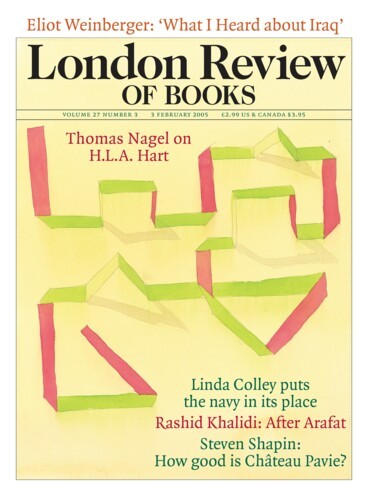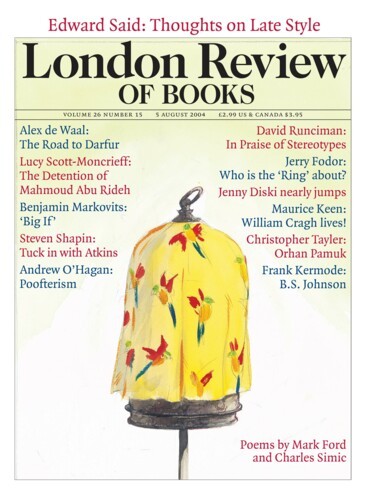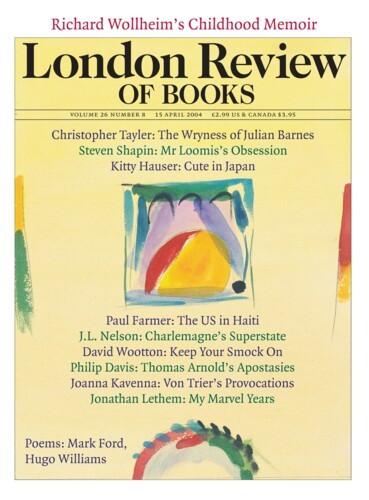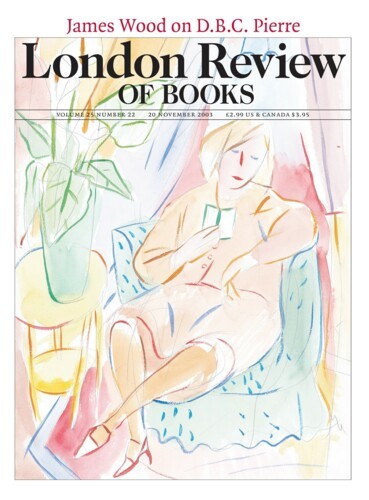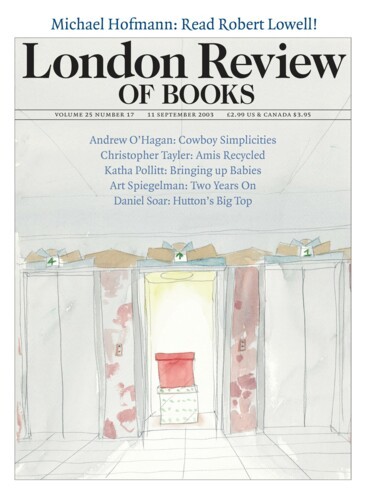Hedonistic Fruit Bombs: How good is Château Pavie?
Steven Shapin, 3 February 2005
“There is wide agreement that Parker’s descriptive language is more standardised and less fanciful than most, and that his descriptions are at least as effective as any other wine writer’s in the fiendishly difficult task of conveying some idea of taste, smell and texture. Compare Parker on the 1998 Château Léoville-Barton (’impressive concentration, chewy, highly extracted flavours of black fruits, iron, earth and spicy wood’) with Andrew Jefford in the Financial Times on a Georges Duboeuf 2003 cru Beaujolais (’This dark wine . . . helicopters into the mouth with spinning blades of intense fruit’). Parker evidently thinks there has been too much bullshit in wine writing, that it’s a mark of corruption, and that both a simplified vocabulary for talking about wine and a more straightforward sensibility towards what makes wine good are ways of cleansing the Augean stables of the wine world.”
